AFOS Foundation and Women’s Haven Africa collaborate with KNUST E-Learning Centre to boost girls’ ICT training
In a step towards addressing the digital skills gap among young women in Ghana, AFOS Foundation and Women’s Haven Africa have teamed up with Kwame Nkrumah University of Science and Technology's (KNUST) E-Learning Centre.
Their collaborative project is to empower young girls with ICT skills to prepare them for the workforce, filling gaps in employability and fostering entrepreneurial mindsets in Ghana's digital economy.
Director of KNUST’s E-Learning Centre, Professor Eric Appau Asante, mentioned the transformative potential of such partnerships, explaining how KNUST’s extensive infrastructure and dedication to quality digital education provide a foundation for this initiative.
“KNUST serves a student body of nearly 90,000, which includes students enrolled in traditional, distance, and online programs.

The KNUST E-Learning Centre oversees the digital operations of all our affiliated institutions, from nursing colleges to private universities. Our E-Learning Centre ensures all courses delivered remotely meet quality standards, supporting faculty with the right tools and creating a seamless experience for students.
Such partnerships allow us to leverage our resources to bring digital education to a wider audience.” The E-Learning Centre, housed within KNUST’s academic ecosystem, is equipped with an instructional design floor and various training and research facilities.
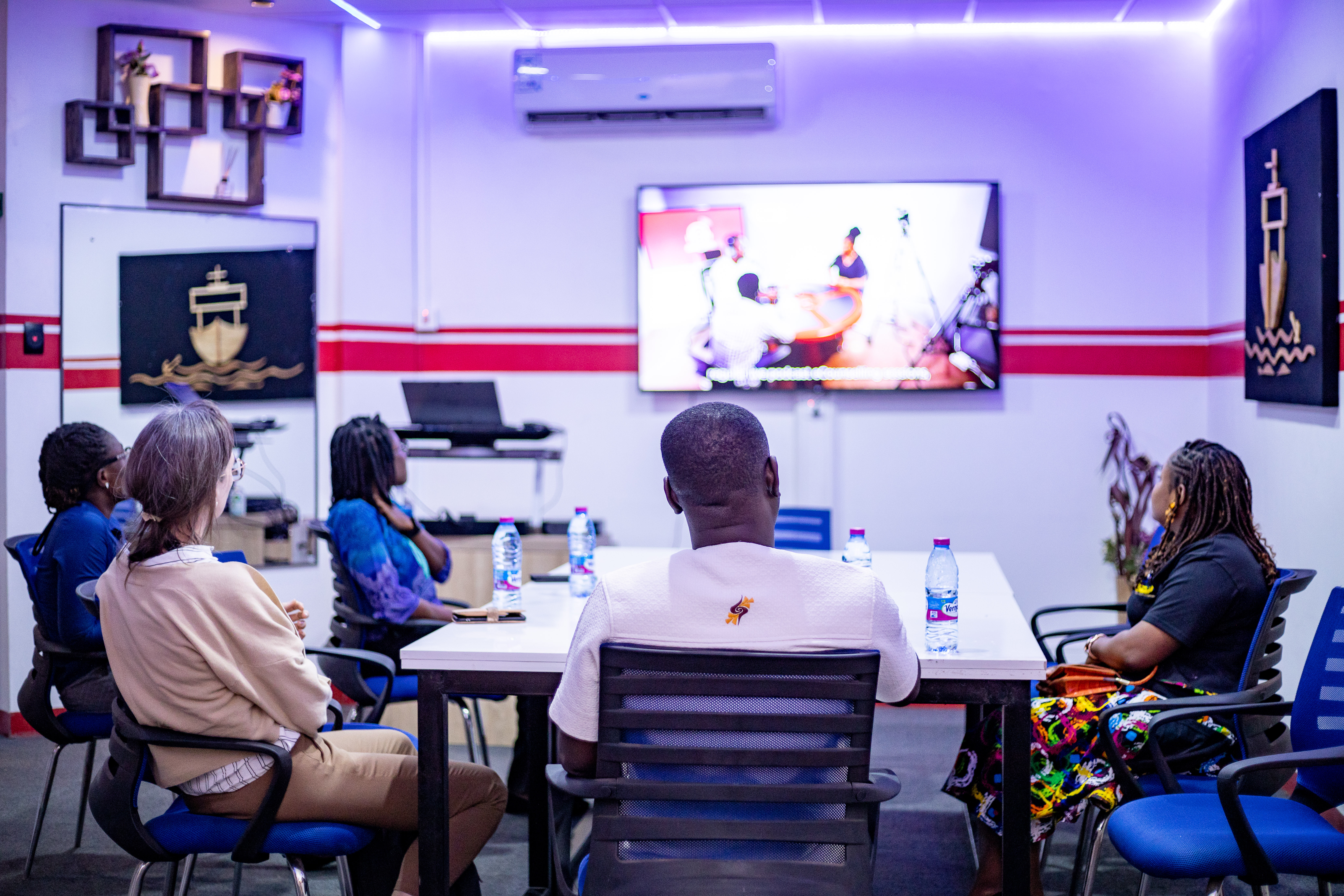
This digital infrastructure plays a role in the Center's mission to facilitate distance learning and the delivery of online content. Professor Asante said, “Our strength lies in the dedication of our staff, who work tirelessly to support both students and faculty. We host lectures, assist to prevent internet interruptions and to guarantee quality.
All classes are managed on-site unless the instructor is outside the country, where remote teaching is the only option.” Project Manager for AFOS Foundation, Hanna Schlingmann, expressed enthusiasm about the partnership’s impact potential.
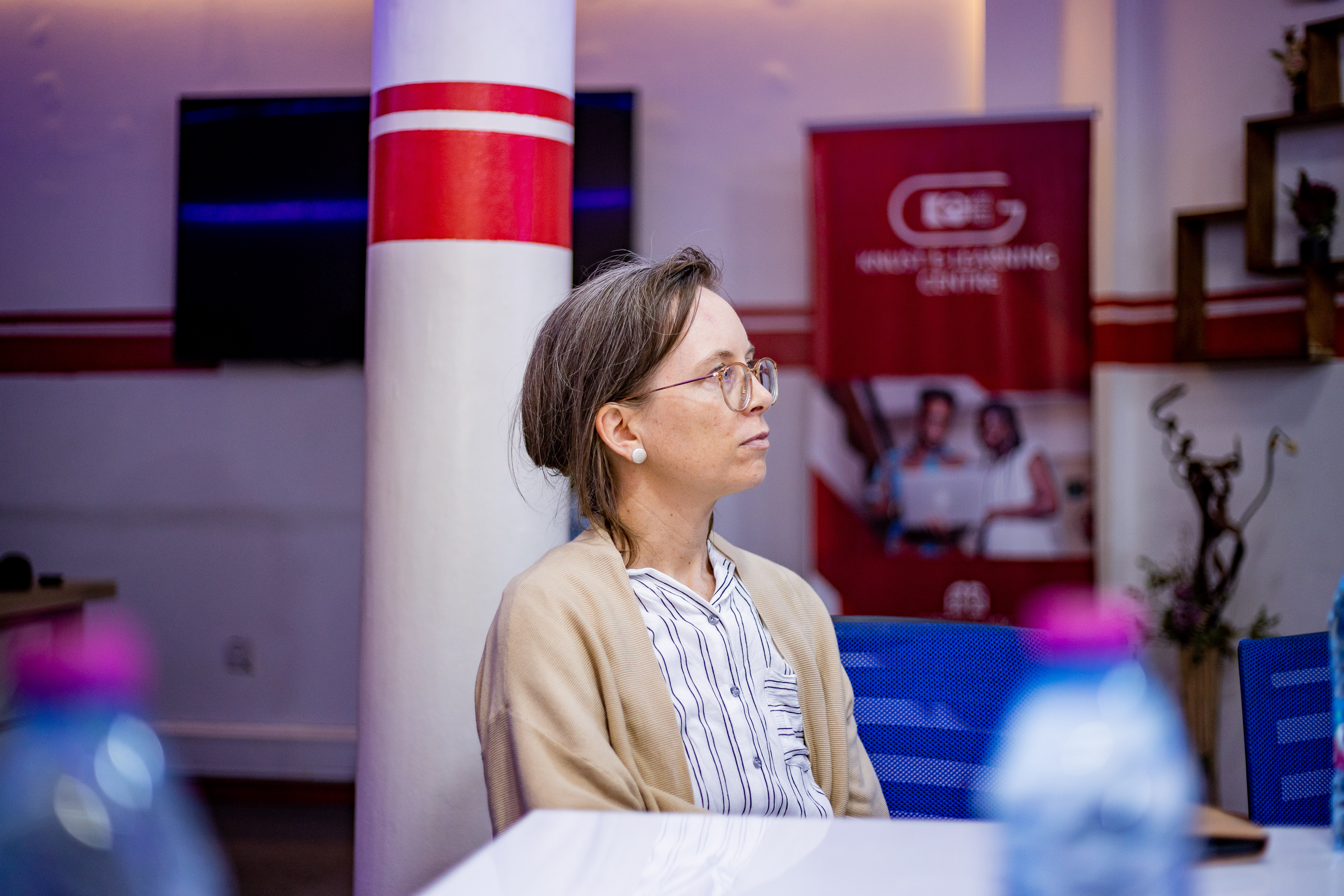
“I’m very impressed by the level of organisation at the KNUST E-Learning Centre. Within three years, KNUST has developed a variety of programs that have become essential to digital education in Ghana.
This speaks volumes about the institution’s commitment and capacity,” she said. Schlingmann further explained that AFOS Foundation has recently launched a two-and-a-half-year project focusing on the gap between graduation and employment, especially in ICT.
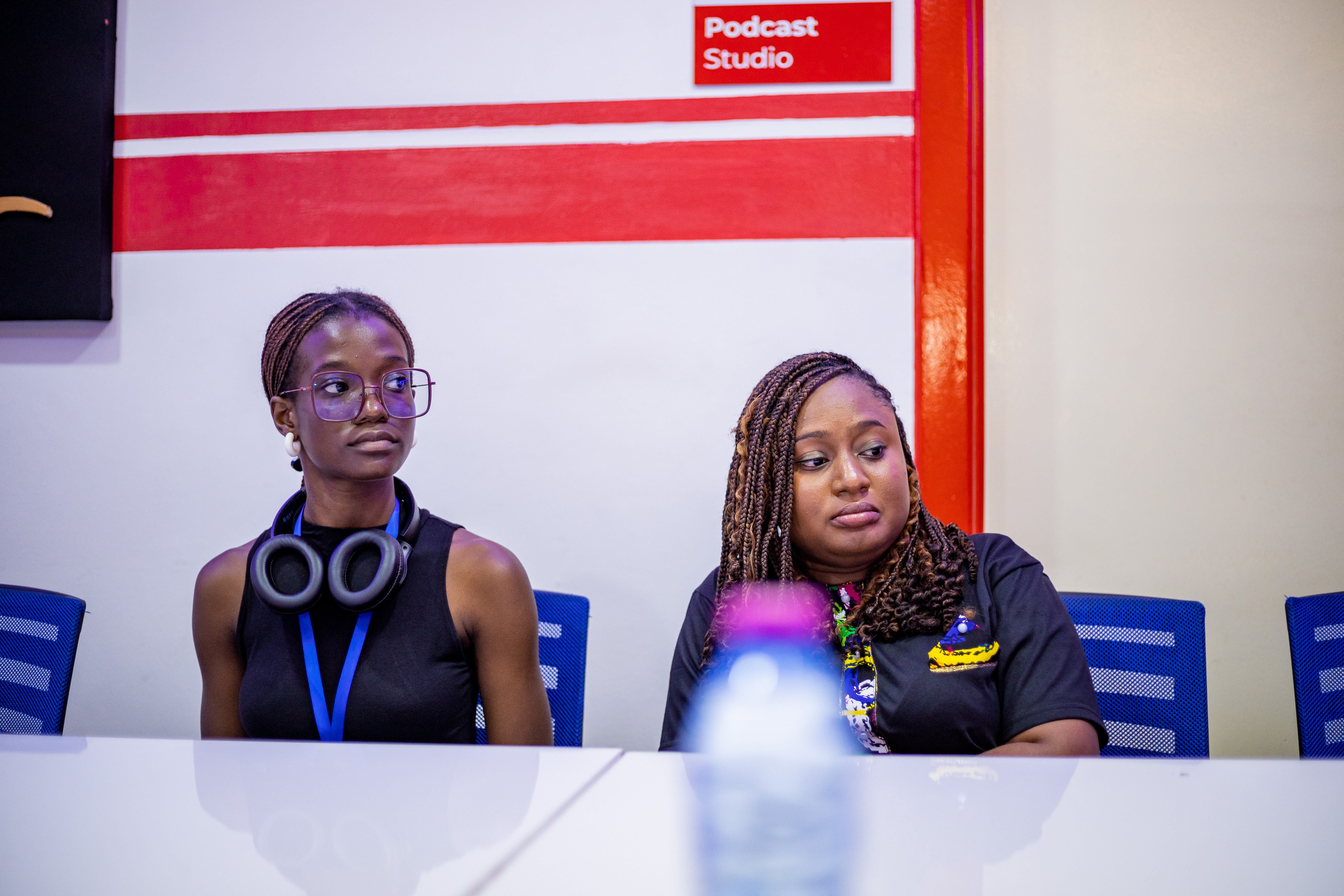
“Our initiative, the Junior Consultant Initiative, links student teams with businesses to solve real-world problems using ICT. It is to bridge the theoretical-practical divide, making it easier for female students to gain experience while addressing industry needs. By focusing on practical, hands-on training, we enhance their employability, helping them transition smoothly from university to the workforce.” Adwoa Fosua Owusu, CEO of Women’s Haven Africa, highlighted the importance of equipping young women with digital skills that translate directly into employment or entrepreneurial opportunities.
“These young women are often unemployed despite possessing valuable skills. We believe technology can enable them to offer services like consulting, even without a physical office space. The KNUST partnership will allow these girls to leverage the network and high-quality resources to boost their credibility as consultants.”
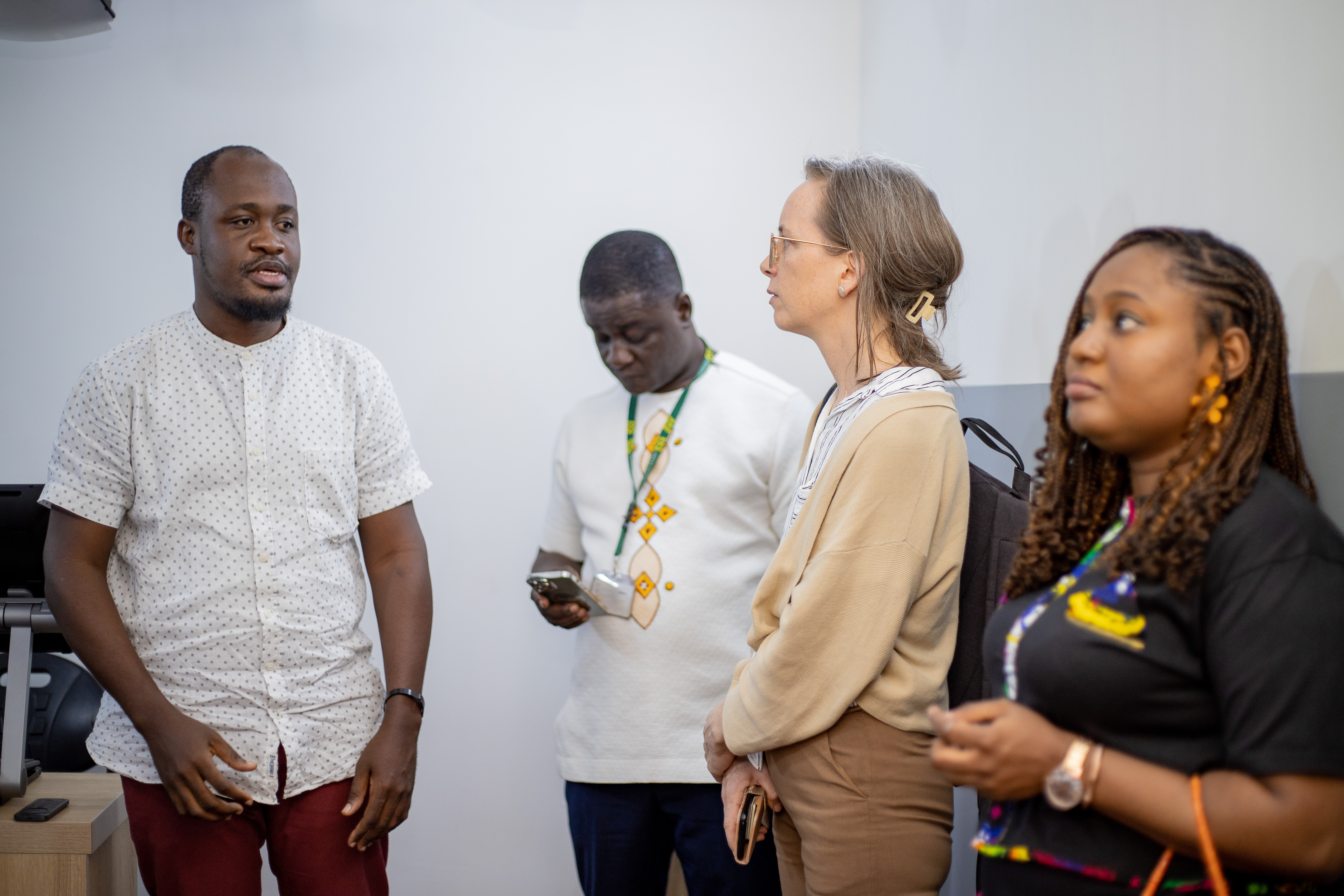
“With access to KNUST’s technology and resources, we want to prepare girls to independently offer their services in fields like remote crop monitoring, data analysis, and ICT consulting. It’s about turning skills into practical solutions and making these young women market-ready. If KNUST can serve its 90,000 students with this infrastructure, we should be able to assist hundreds of young women, giving them not only skills but the confidence to apply them.” Professor Asante noted that the KNUST E-Learning Centre has been “an epicentre for innovative educational collaborations in Africa.”
He explained that KNUST has a long history of hosting partners and training institutions throughout the continent, with the E-Learning Centre often serving as a model for others.
“We have consistently maintained our standing as a go-to institution for distance learning support. This has allowed us to strengthen partnerships with institutions worldwide, ensuring our students and affiliates have access to quality digital resources,” he said. Reflecting on past collaborations, Professor Asante added that the Centre has had to adapt and innovate continually, especially during the COVID-19 pandemic.
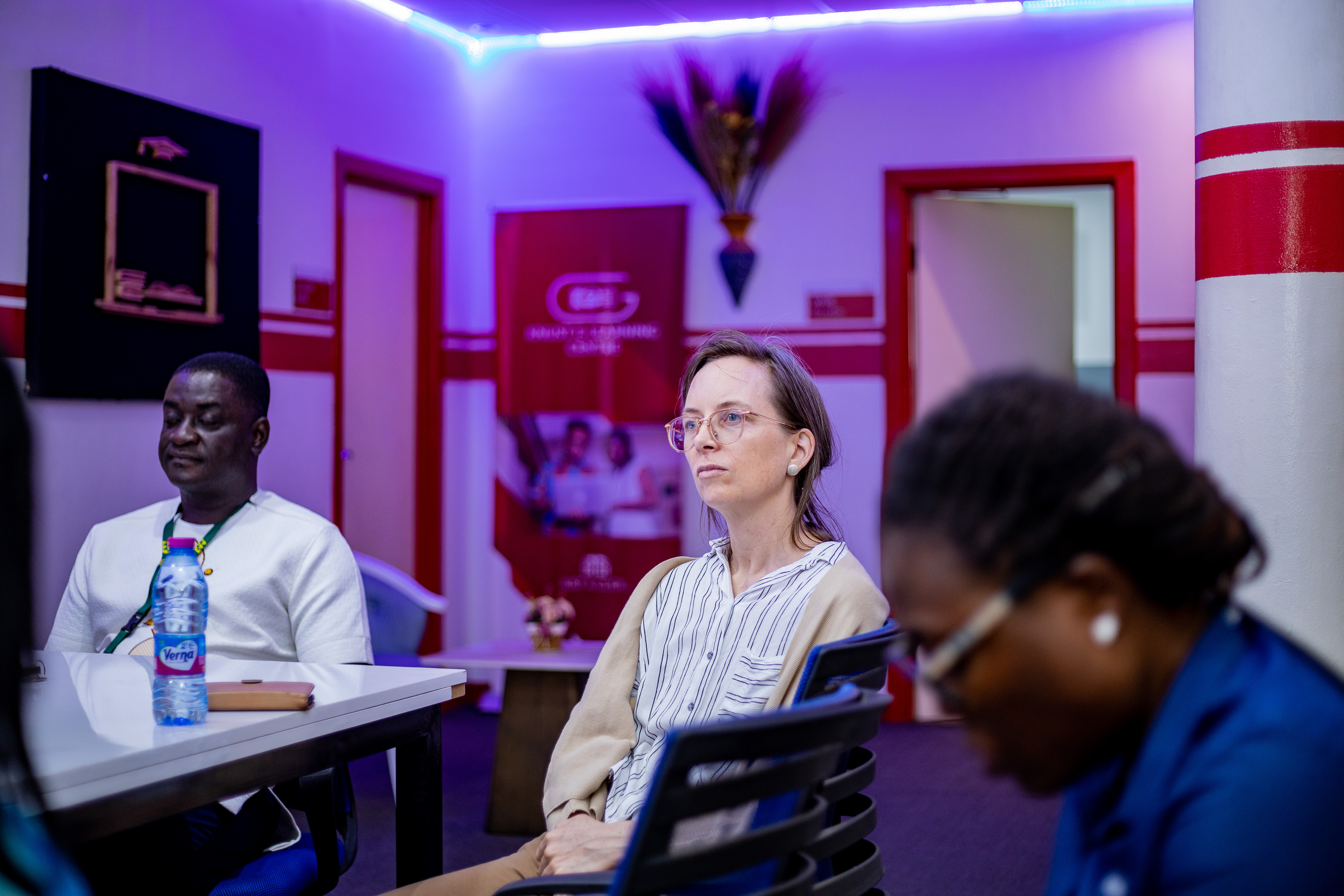
“People want to resume in-person teaching, but we can’t abandon the online tools that have become integral to our blended learning model. Our approach is rooted in continuous research, partnership, and proactive outreach, always striving to meet evolving educational needs in Africa,” he explained.
Schlingmann shared that the Junior Consultant Initiative will focus primarily on female students and will connect them with companies needing digital solutions.
“We are committed to practical education, aligning skills training with real market demands. By working with companies, these young women will develop technical skills and gain insights into how ICT is applied in different industries.
It’s a win-win approach that both benefits businesses and provides invaluable experience for the students.”
Adwoa Owusu of Women’s Haven Africa emphasised the dual purpose of the initiative: equipping young women to either start their businesses or seamlessly enter the workforce. “If these young women can envision a career path and find hands-on learning opportunities, it provides a much-needed ‘pipeline’ from training to employment.
This is where AFOS Foundation comes in, offering junior consultancy roles to help them establish a career. In five to ten years, we aim to have thousands of skilled women in digital roles,” she said.
Reflecting on her organisation’s experiences with previous trainees, Owusu observed that an essential aspect of such training programs is understanding employer expectations.
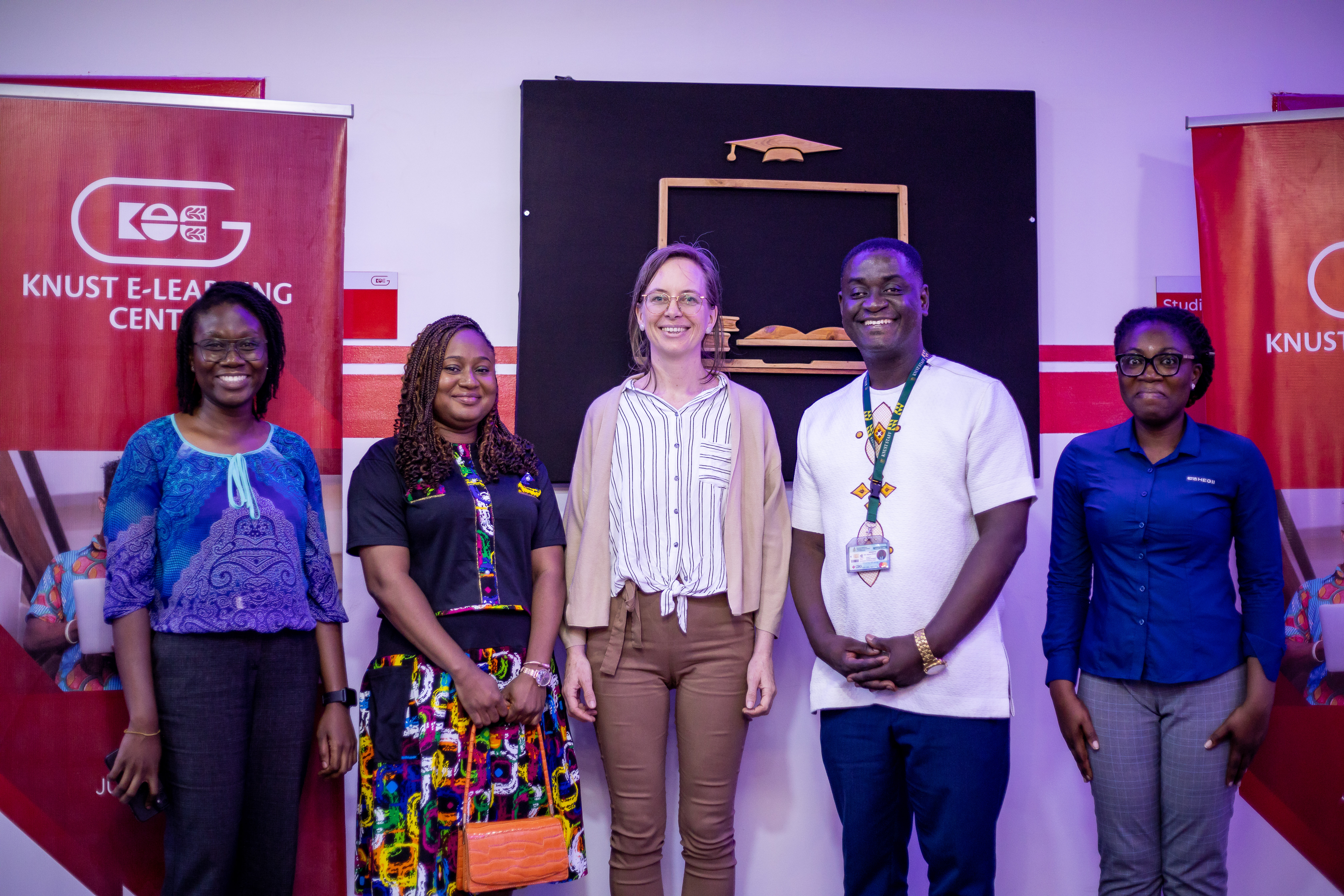
“After training, we often match these young women with employers who provide us with feedback. This feedback informs us about the areas where we need to improve, especially in understanding specific industry needs. For example, digital marketing training varies significantly depending on the industry.
The right kind of training helps them to secure a job and thrive in it.” The project’s ultimate goal is to design ICT training programs that align with the needs of the job market, helping to shape the career trajectories of young women in Ghana. As part of this ongoing partnership, Professor Asante noted that KNUST’s E-Learning Centre would provide long-term support and guidance, helping to improve program design continually based on industry trends and feedback.
In this collaboration, KNUST E-Learning , AFOS Foundation, and Women’s Haven Africa are working together to create a future where young women are empowered with the digital skills they need to lead and succeed.
Published: 8th November, 2024 Source: KNUST E-Learning Centre
